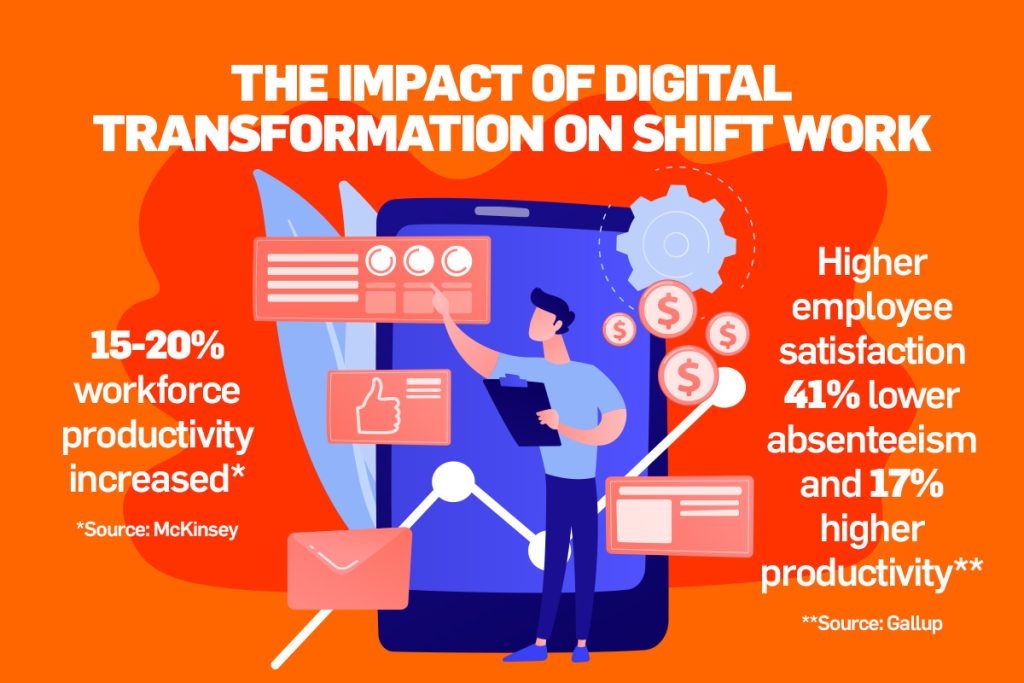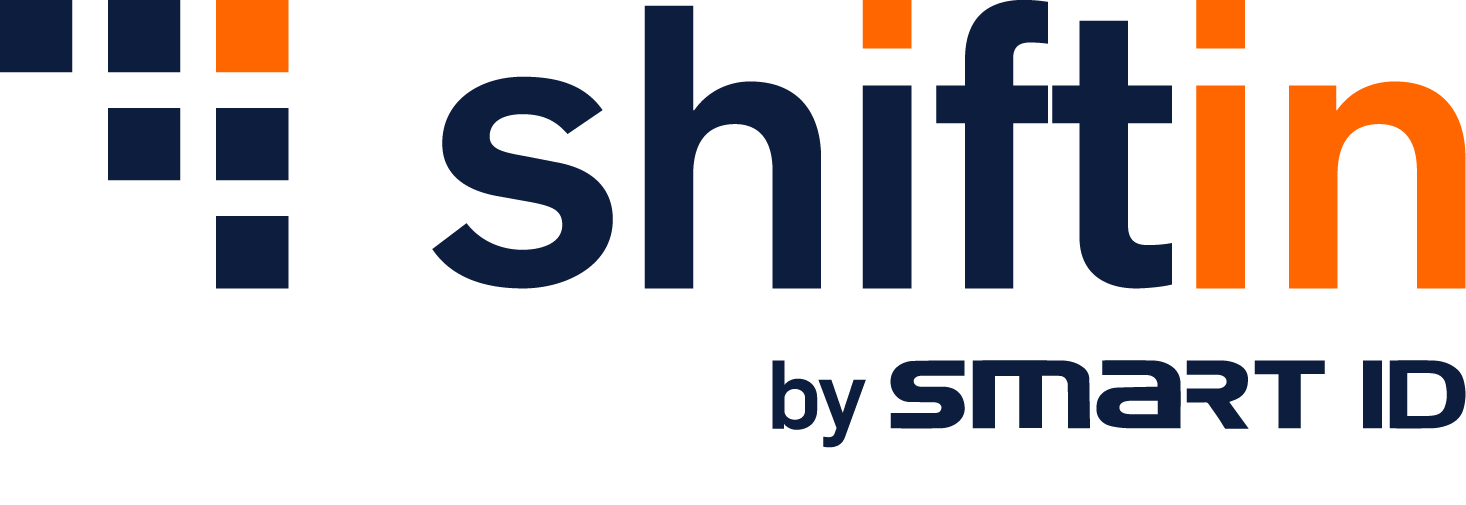In today’s fast-paced environment, organizations are increasingly recognizing the need for digital transformation in workforce management to drive efficiency, productivity, and competitive advantage. As technology continues to reshape industries, organizations must adapt to stay relevant and maximize the potential of their human resources. Below we explore the crucial role of digital transformation in workforce management and highlight the benefits it offers to organizations across industries.
Understanding digital transformation in workforce management
Digital transformation in workforce management refers to the integration of technology solutions to optimize and streamline HR processes, employee engagement and overall workforce productivity. It involves leveraging digital tools and platforms to automate routine tasks, enhance collaboration, improve communication, and make data-driven decisions. By embracing digital transformation, organizations can transform their workforce management practices and create a more agile, efficient, and engaged workforce.
The impact of digital transformation on labor exchange

Improving the efficiency of work in exchanges
One area where digital transformation has had a significant impact is shift scheduling. Traditionally, manual shift scheduling processes were time-consuming, error-prone, and difficult to manage. However, with digital solutions, organizations can automate and optimize shift scheduling, leading to improved efficiency and reduced administrative burdens. According to a McKinsey study, organizations that implement digital workforce management solutions see a 15-20% increase in workforce productivity.
Improve employee satisfaction and work-life balance
Digital transformation also enables organizations to empower their employees by giving them more control over their working hours. With advanced scheduling software, employees can access their schedules remotely, request shift changes and receive real-time updates. This level of flexibility improves work-life balance and job satisfaction, leading to higher employee retention rates and increased productivity. Gallup research shows that companies with engaged employees have 41% lower absenteeism and 17% higher productivity.
The role of digital transformation in HR and payroll
Streamlining HR processes
Digital transformation has revolutionized HR and payroll management by automating various administrative tasks. From onboarding new employees to managing benefits and payroll, digital HR solutions deliver efficiency and accuracy, reducing errors and manual effort. A Deloitte survey found that 72% of HR professionals believe digital HR tools significantly improve the employee experience.
Leveraging data for strategic decisions
By digitizing HR and payroll processes, organizations can gather and analyze vast amounts of data to make strategic decisions. Through advanced analytics tools, organizations can gain insights into workforce trends, identify skills gaps, and optimize the allocation of human resources. These data-driven decisions not only improve operational efficiency, but also enable organizations to align their workforce strategy with business objectives.
Where is your company on this journey?
Digital transformation in workforce management is an imperative for organizations looking to thrive in today’s dynamic business environment.
By adopting technology solutions, organizations can streamline scheduling, improve employee engagement, and unlock the full potential of their workforce. As the demand for agility and efficiency continues to grow, organizations that prioritize digital transformation in workforce management will gain a competitive advantage in attracting and retaining top talent.
To simplify the journey to digital transformation, organizations can explore automated work scheduling software solutions, such as shiftin, that enable them to optimize their workforce management processes.





